
Practice Perfect 924
Advice to New Residents (and Students):
How to Prepare for Clinic
Advice to New Residents (and Students):
How to Prepare for Clinic
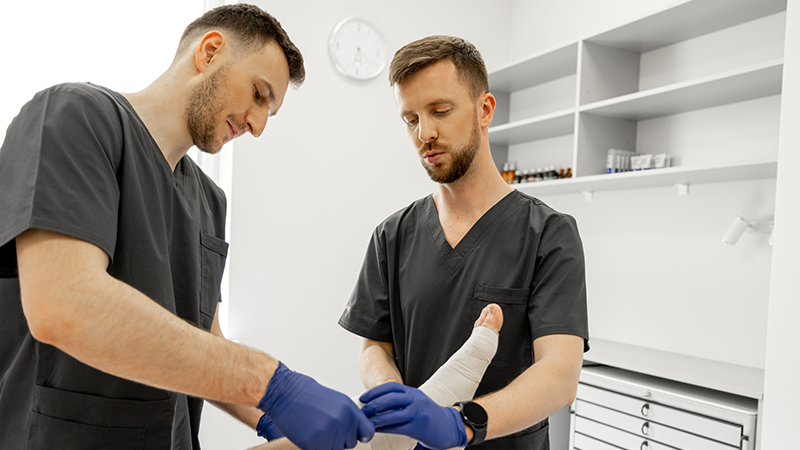
As the new academic year is now underway, it’s interesting to see the actual level of skill and ability of our trainees. Some trainees, whether resident or student, arrive well-prepared and ready to work, while others take a little more instruction. To help those of you trainees that might not have the feel for the proper way to prepare for clinic, here are some suggestions.
- Come with the proper mindset - You are going to clinic to learn. Your primary goal is not to be an additional worker in the clinic, but rather to gain experience and learn the clinical side of podiatry. However, this doesn’t mean that the clinic exists for your benefit. Your dual roles of learner and helper require some balance and keeping both in mind will benefit you in the long run. Regardless of this, though, the best learners are those that approach clinic as if all of the patients are theirs. This usually leads to greater investment in the clinic.
- Do your chart check - The night before clinic, read the chart notes about the patients you’re going to see. Print out the schedule if allowed and write brief reminder notes so you can recall what is going on with each patient, whether you end up seeing them or not. This will help you anticipate what’s going to happen and make you more prepared and effective. As you take notes, consider what treatments have been done and what you might recommend going forward.
- Be helpful - When you have time, ask the attending and medical assistants what you can do to help. Clean up rooms between patients. Consider what the staff might need to move a busy clinic. Make yourself indispensable.
- Be quick but thorough - Remember that it is most likely that your experienced attending physician will be much faster than you and would also likely complete their clinic faster without a trainee. This means you have to be fast and efficient when seeing your patients, so you don’t run the clinic late. On the other hand, it is imperative that you be as thorough as you can, so you don’t miss important information. While doing the chart check that we mentioned, think about the questions that you would ask the patient and the important physical examination components. Then, when you see the patient, you will already have a game plan of what to do in the room, and you’ll become very fast in the room.
- Have a rapid presentation format - Along the lines of #4 above, you should be ready to give a very concise presentation to your attending after seeing a patient. If it’s a new patient, for example, start with the age, a specific complaint, very pertinent history, and only the physical exam components that matter. Get to your diagnosis and your recommended treatment fast. If it’s a follow up patient, start with the diagnosis, get right to how the patient is doing since the last visit, and suggest what you would like to do. Remember also that preferences are attending specific, and you may have to adjust your methods accordingly.
- Take notes - If you’re in clinic to learn, then it’s important that you note the pathologies you see, the pearls and teaching points of your attendings, and anything else that you feel is important. As a student and resident, I kept a small notebook in my white coat and took copious notes every day. I would never have been able to remember everything without it!
- Read about the pathology you see - Along the lines of #6 above, the best way for any clinical learner to retain their knowledge is to link their studies with the patients they see that day. This makes studying active, personal and more real, all of which will improve retention. Do not randomly read from the numerous books and study guides. Random reading will lead to decreased retention. Instead, actively read about what you see in clinic (or surgery for that matter) and keep a running one-page concise document with all the important information about that particular pathology.
Consider these pieces of advice carefully. Remember that your attending physicians have expectations of you that you want to satisfy while also making the most out of your learning experiences.
Best wishes.

Jarrod Shapiro, DPM
PRESENT Practice Perfect Editor
[email protected]


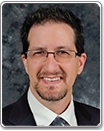

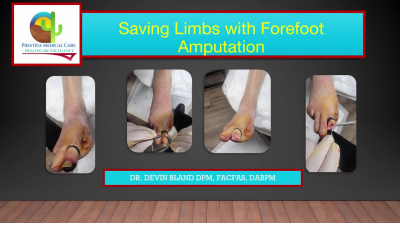
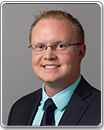






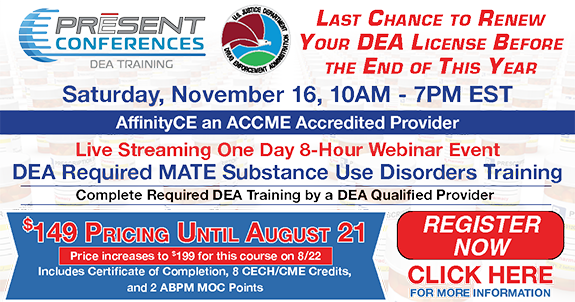




















Comments
There are 0 comments for this article